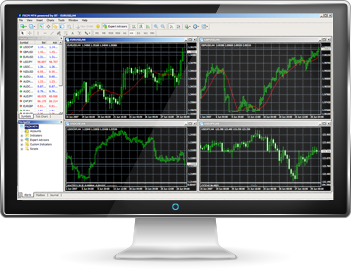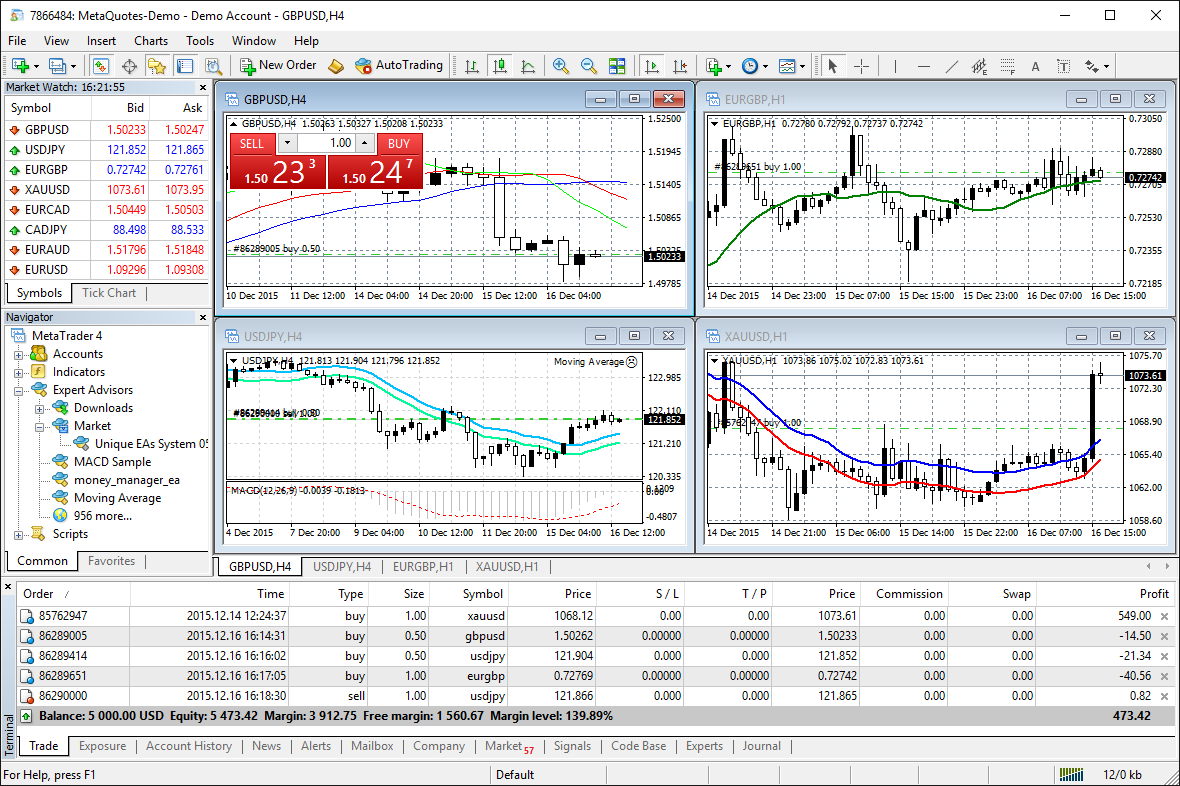In the present fast-paced financial earth, Forex trading has surfaced as one of the most powerful and accessible types of investment. Short for “foreign trade,” Forex Trading requires the change of one currency for yet another with the goal of earning a profit. Running 24 hours a day, five days per week, the world wide Forex industry is the largest and many liquid financial market in the world.

At its primary, Forex trading is driven by international economic indications, political activities, market message, and central bank policies. Traders analyze these facets to assume currency activities and take jobs accordingly. Whether getting or selling currency couples, successful trading requires not just understanding but in addition discipline, patience, and a well-thought-out strategy.
Understanding the Principles
In Forex trading, currencies are cited in pairs—such as for example EUR/USD or GBP/JPY. The very first currency is the “foundation,” and the second is the “quote.” Each time a trader buys a currency set, they're buying the beds base currency and offering the quote currency. Profits are noticed when the worth of the beds base currency rises relative to the quote.
Power is yet another key element in Forex trading, allowing traders to control large jobs with a somewhat small investment. While leverage can amplify increases, additionally, it increases the chance, making risk management an important ability for anybody active in the market.
Developing a Trading Plan
An expert way of Forex trading begins with a solid trading plan. Including placing practical economic goals, pinpointing the right trading type (such as time trading, swing trading, or long-term investing), and selecting suitable currency couples to focus on. Traders usually count on both specialized and elementary evaluation to produce educated decisions.
Specialized evaluation involves understanding price charts, habits, and signs to anticipate potential actions, while simple evaluation talks about financial data, curiosity charges, and geopolitical events. Combining these techniques frequently results in a more extensive view of the market.
Chance Management and Control
Powerful chance management is imperative to long-term accomplishment in Forex trading. Including placing stop-loss and take-profit levels, preventing over-leveraging, and only risking a tiny percentage of capital per trade. Mental get a grip on also plays an essential role—traders should withstand the temptation to pursuit losses or behave impulsively.

Applying test accounts is a recommended first step for beginners. These allow users to practice in real-time market problems without endangering actual money, supporting them refine their skills before moving to reside trading.
Realization
Forex trading presents great options, but it also demands a specialist attitude and proper discipline. With a focus on education, risk administration, and continuous understanding, traders may navigate the complexities of the foreign exchange industry with higher confidence. Whilst the economic world remains to evolve, Forex stays an invaluable industry for those seeking growth, flexibility, and global industry exposure.
